Vladimir Putin’s Ukraine gamble raises the danger for Taiwan
The two conflicts are intimately connected. They share striking similarities, not least that they’ll have a big effect on Australian security.
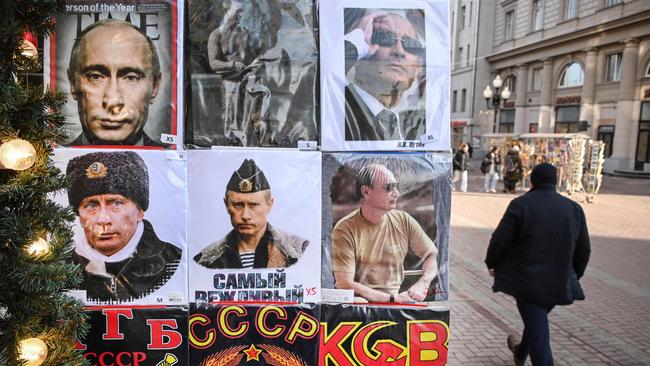
This is too simple, but the two conflicts are intimately connected. And while they have their differences, they share striking similarities, not least that they will have a big effect on Australian security.
The world still cannot guess exactly what Vladimir Putin will do. The mercurial Russian leader says some Russian troops have withdrawn from Ukraine’s borders. But US, British and other governments say this is untrue; the number of Russian soldiers on Ukraine’s borders continues to increase and is now somewhere between 130,000 and 150,000.
That is enough to invade Ukraine, given the superiority of Russian equipment, aircraft and firepower. It’s probably not enough to occupy a nation of 44 million people indefinitely.
But Putin has many, many options. His behaviour over the past month has been so performative and operatic it is genuinely confusing. He has made such a drama, manufactured such a crisis out of nothing, that he could look weak if he calls game over without some big gain or dramatic action.
Alternatively, countries planning a blitzkrieg strike rarely give their enemies a month or so of choreographed military ballet to let them get organised.
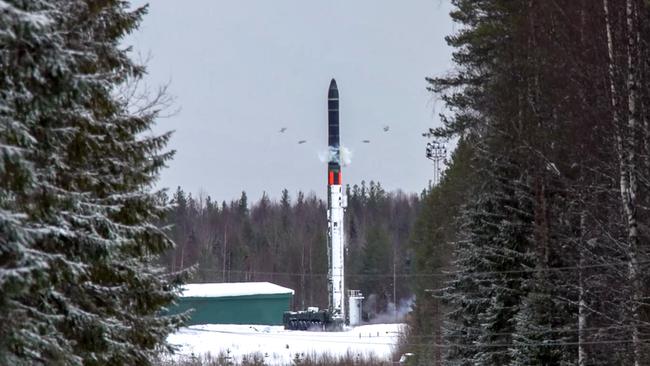
It may be Russia can simply keep up indefinitely this exhausting, and for Ukraine deeply distressing, destabilisation. Already, Moscow has mounted significant cyber attacks on Ukraine’s defence ministry and banks.
Putin’s military options run from cyber attacks and disinformation campaigns through to full-scale invasion.
He has Ukraine surrounded on three sides, with troops ready to strike from Ukraine’s border with Russia in the east; or from the north with Russian troops in Belarus (a Russian dependency); and from the huge Russian naval deployments in the Black Sea to Ukraine’s south.
Putin annexed Crimea from Ukraine in 2014. He also controls two separatist enclaves in east Ukraine, in the Donbas region. One ploy open to Putin is to stage a false attack on Russian forces, or even better ethnic Russian civilians, and use that as a pretext, a phony provocation, for punitive action. Reports of deadly shelling in Donbas are ominous in that context.
Putin could mount a lightning attack on Kyiv by special forces now in Belarus, decapitating Ukraine’s government. He could take Ukraine’s one big port, Odessa, on the Black Sea, turning Ukraine into virtually a land-locked country, paralysing much of its international trade.
A more modest operation would see Putin take more land and population in the east, establishing a land corridor between Russian-occupied territory in Donbas and Crimea.
He might seek just to destabilise Ukrainian society and economy to the point where his agents can bribe and assassinate their way into installing a pro-Moscow regime.
What does it all mean for Taiwan, and indeed for Australia?
The Biden administration made a mess of the Afghanistan withdrawal. That reinforced a core dogma of Xi Jinping’s regime – that US power is in radical decline.
Putin looks on Ukraine almost exactly as Xi looks on Taiwan. Putin describes Russians and Ukrainians as “one people, a single whole”.
Like the regime in Beijing, the Moscow government has fanned extreme, chauvinistic nationalism. Russian civilisation is indeed magnificent. But a little like political Islam in the Middle East, for literally hundreds of years it has had a deep antipathy to the West.
The greatest Christian novels of the 19th century were Russian – Fyodor Dostoevsky in particular. Dostoevsky’s Russian Orthodox vision of Christianity was shot through with a deep hostility to the Catholic Church of Western Europe, and to the West generally.
Dostoevsky’s most sympathetic character, Prince Myshkin, in The Idiot, remarks: “Catholicism … is not a faith but a continuation of the Holy Roman Empire.” He also says: “Our Christ must shine forth in opposition to the West.”
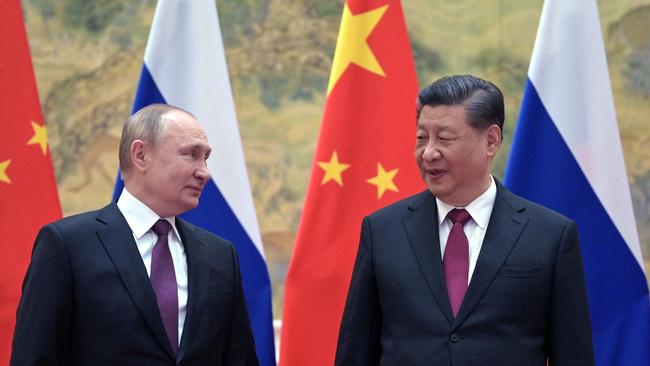
Xi’s government invokes the “century of humiliation” at the hands of Western colonial powers as a core of the Chinese nationalist narrative and treats the conquest of Taiwan (which it styles as reunification, though Taiwan has been ruled by Beijing for only four years since 1895) as a sacred national duty.
Ukraine can affect Taiwan in several obvious ways. If Putin keeps Ukraine constantly in crisis, or actually invades, the US will send a lot of military resources to Europe to bolster the defence of NATO members that border Russia or Ukraine, such as Poland, Lithuania, Latvia and Estonia.
But, to put it bluntly, these are resources the US needs in the Pacific to deter China from attacking Taiwan.
That they are needed in Europe at all underscores the failure of West European democracies.
Russia has a population of 145 million and an economy a little bigger than Australia’s. The six biggest nations of Western Europe, in order, Germany, Britain, France, Italy, Spain and Poland – all of them NATO members – have a combined population of more than 360 million and an economy many times bigger than Russia’s.
Apart from nuclear weapons, these nations should be able to handle Russia militarily. But all Western societies, except the US and Israel, have decided not to make a serious effort in defence.
Some have useful defence forces, but they are no match for Russia. Without the US, NATO power is non-existent. If the Western alliance ultimately fails, it will be primarily because US allies left all the heavy lifting to Washington.
The other way Ukraine can affect Taiwan is if Russia invades and the Western response is weak. No Western nation will come to Ukraine’s military aid. Both Ukraine and its Western friends have been derelict in not arming and training Ukraine’s military until the last minute.
Ukraine is not Afghanistan. It is a proud nation with functioning institutions, rough democratic legitimacy and enough social cohesion to stand up for itself. Joe Biden and other Western leaders have made it clear Ukraine cannot join NATO, which development Moscow claims to fear, but Ukraine is a “partner nation” of NATO. Yet until five minutes ago it was not receiving weapons to defend itself. So the Western response to a Russian invasion is going to be, in Biden’s words, “the mother of all sanctions”. If the response is anything less than this, Beijing will take it as further proof the US is faltering.
Some analysts think Beijing could exploit the US being distracted by Ukraine and launch a full-scale invasion of Taiwan very soon. That can’t be ruled out, but I think it’s unlikely as it would still be so enormously risky.
Biden does not personally project decisiveness. But he is serious about reviving US alliances and he is deadly serious about the competition with China. His administration has extensive, detailed war plans should China launch an invasion of Taiwan.
As one senior American comments to me: “In the first hours of battle, we would sink or destroy hundreds of targets.”
The US has such plans not because Washington views conflict with complacency but because it knows that overwhelming deterrence is the best way to avoid conflict. But the US still has a long distance to go to get its military optimally organised to deal with Beijing over Taiwan. It needs thousands more missiles, thousands more drones, much more long-range strike capacity, more numerous and dispersed bases.
Both US Secretary of Defence Lloyd Austin and chairman of the Joint Chiefs of Staff Mark Milley are army officers whose every waking moment has passed in the assumption that the US needs above all a big army, whereas the 21st-century challenge is maritime.
The resemblances in Ukraine and Taiwan’s situations are striking. Beijing has a similar set of military options in Taiwan as Moscow has in Ukraine. It could mount a massive cyber attack. It could launch missile volleys to suppress Taiwanese air defence. It could seize territory, especially one or more outer islands. It could blockade Taiwan as Russia could blockade Ukraine. Or it could invade altogether.
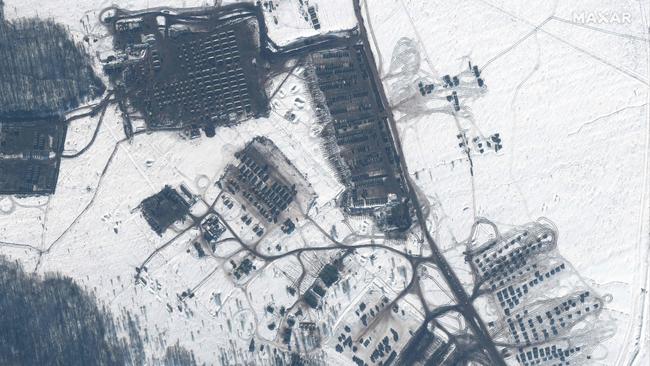
Beijing has a cadre of supporters in Taiwan, as Russia does in Ukraine.
Here’s another striking similarity. Taiwanese once thought of themselves as both Taiwanese and Chinese. Beijing’s relentless intimidation has turned Taiwanese opinion totally against Beijing and transformed the population into Taiwanese nationalists.
Similarly, Russian-speaking eastern Ukrainians once valued their Russian connection. Now they are Ukrainian nationalists. But Moscow and Beijing couldn’t care less about odd Western notions such as democracy, ballots or the consent of the governed.
Here’s another similarity. Both Taiwan and Ukraine gave up nuclear weapons or programs in exchange for international, and American, security guarantees.
Taiwan is of course much more prosperous and successful than Ukraine. But the big difference is that the US has clear, legislated, serious obligations to Taiwan.
In other words, the US almost certainly would fight if Taiwan were attacked. Two of its regional allies, Japan and Australia, would support it, materially and militarily. By the way, most of the war-gaming you hear about that predicts Chinese victory over the US in a clash over Taiwan does not factor in Japanese participation, which changes the equation considerably.
But even here there is a failure of US allies. Taiwan itself has not acquired the range of asymmetric weapons that would make life most difficult for a Beijing bent on invasion. Nor has Australia, in more than eight years of conservative government, and before that six years of Labor government that often talked of a worsening strategic situation, acquired any more significant strike capacity in our defence force.
Also, while the people of Ukraine deserve our solidarity and support, and don’t deserve Russian invasion, Taiwan is much more important than Ukraine. Just look at a map and think of the massive boost in military power projection Beijing would acquire if it ruled Taiwan and had military bases there. If the US abandons Taiwan, or fights for Taiwan and loses, its ability to lead a security system in Asia is fatally undermined. This would be catastrophic for Australia.
Donald Trump, for all his sins, began the serious talk about how the world order had been exploited by dictatorships and was now working against the West. For the past 40 years the Western operating doctrine of peaceful evolution held that greater engagement with dictatorships, especially economic engagement and people to people links, would have two profoundly beneficial strategic results.
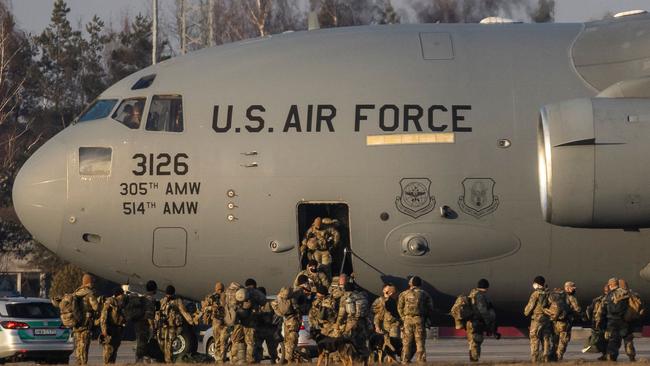
One, it would lead to gradual liberalisation and even democratisation of dictatorships. And two, by enmeshing them economically with the West it would make conflict unattractive. This seemed to be validated by the fall of the Soviet Union. But generous, optimistic, humane, creative and hopeful as the idea of peaceful evolution was, it turned out to be dead wrong.
The giant dictatorships in Beijing and Moscow have never been more politically self-confident. Globalisation has weakened the West, strategically, more than the dictatorships. This is because the West, never in its history more decadent, lazy, self-indulgent, narcissistic, can bear almost no pain for any geo-strategic cause, even its own survival, while dictatorships care little for public opinion and can bear a lot of pain. Economic decoupling, and many of the mechanisms of Cold War solidarity among allies, may be necessary if democracies are to survive.
If the US imposes hard sanctions on Russia this will raise energy prices and hurt consumers in Western Europe and the US. If the US has to fight for Taiwan the cost will be horrible. But that is true of any conflict. More than 50 million people died in World War II. Would it have been better to let the Nazis rule Europe and Imperial Japan run Asia to avoid those deaths?
The leading capitulationists in Australia, in effect if not in design, arguing that China is too big to resist, are Paul Keating and Hugh White, though of course they would contest that label. But this is the effect of their recommendations. White’s arguments often have a reductio ad absurdum high school syllogism quality – China is a nuclear power, nuclear war is unthinkable, therefore don’t ever disagree with China.
Such simplistic defeatism is not only demoralising, it’s also generally analytically wrong. For much of the Cold War no end of sage Western analysts consistently overestimated Soviet strength and underestimated the democracies. But to win anything, you have to believe you have a chance, and that the game is worth the candle.



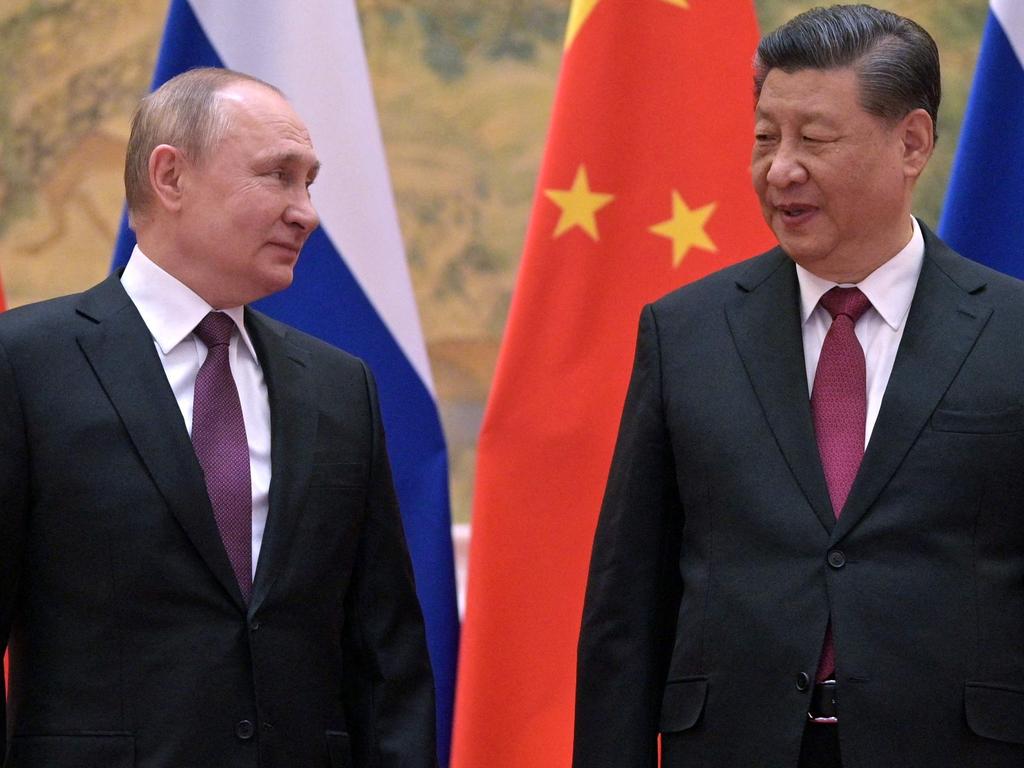
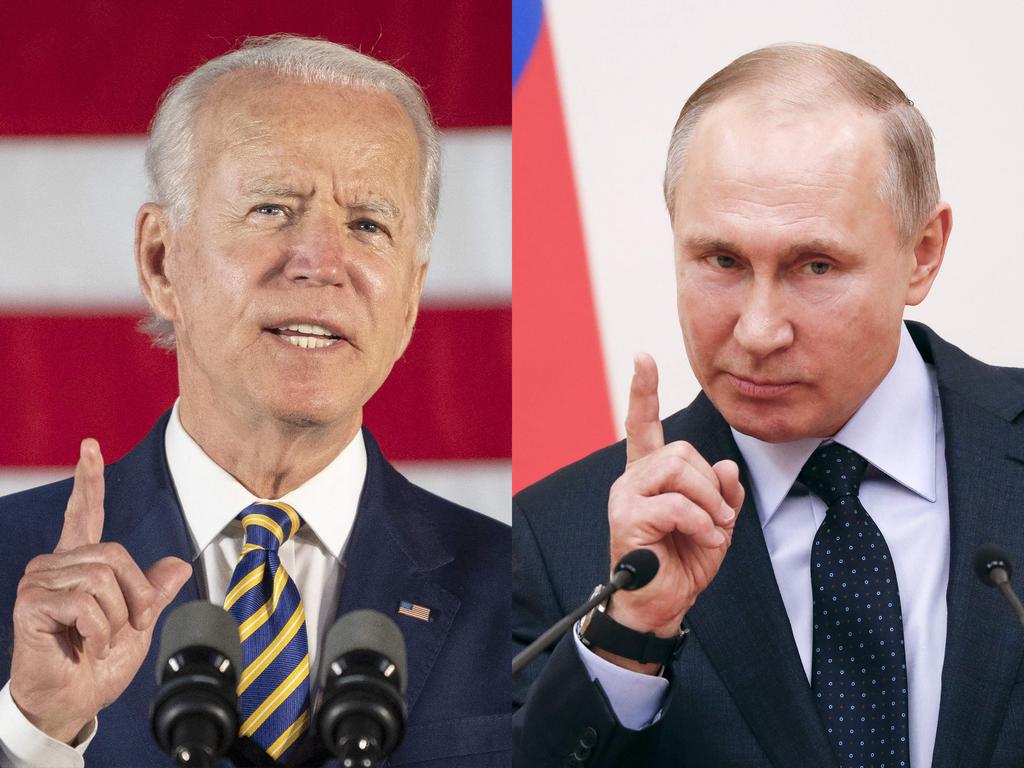

As goes Ukraine, so goes Taiwan? As goes Russia, so goes China?